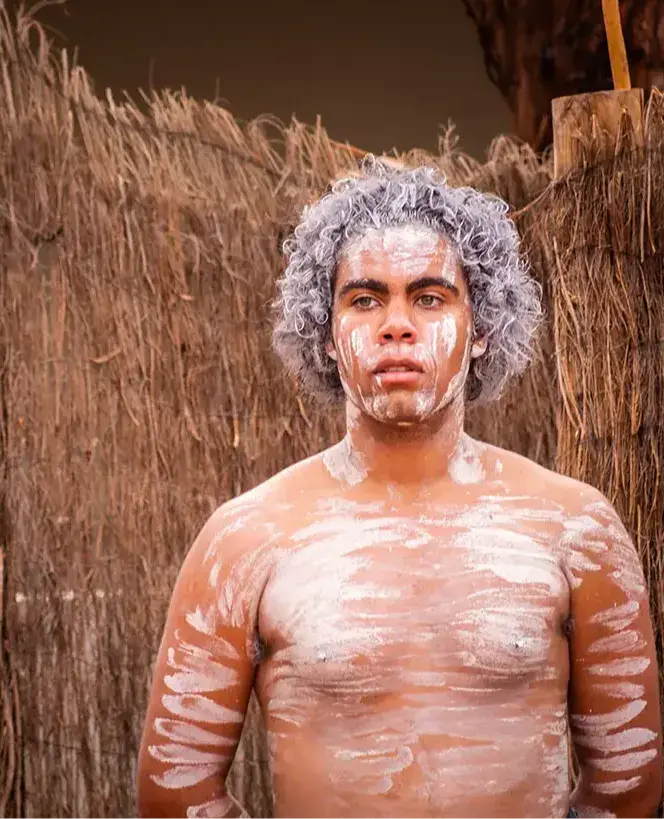Learn what drives our vision and values every day.

First Nations Care
A guide to cultural awareness and respect.
Bereavement Warning
We respectfully advise Aboriginal and Torres Strait Islander people should be aware that this website may contain images and names of deceased persons.
To provide great healthcare in rural and remote Australia, it's so important to understand and respect Aboriginal and Torres Strait Islander cultures. Culturally safe care builds trust, boosts patient outcomes, and makes your work more rewarding.
Understanding cultural significance
Aboriginal and Torres Strait Islander cultures are deeply rooted in community, family, land, and traditions. To provide culturally safe care, it’s important to:



Cultural awareness and professional etiquette
When working in Aboriginal and Torres Strait Islander communities, respect for culture and community practices is paramount. Keep these key principles in mind:
- Always acknowledge Elders, both past and present.
- Respect "Sorry Business" (mourning practices) and gender-specific protocols.
- Avoid making assumptions - each community is unique.
- Build trust through humility, consistency, and respect for local customs like dress codes.
- Seek guidance from Aboriginal Health Workers, Liaison Officers, or Elders when unsure about cultural practices.

Working in Remote Communities
Every community is different, with its own rhythm, expectations, and cultural makeup. To successfully navigate these unique environments:
- Approach your placement with an open mind and willingness to learn.
- Tailor your care to meet the needs of the community.
- Understand that many Aboriginal communities have sacred sites, which are spiritually significant. Entering such areas without permission can be offensive and may result in removal from the community.
- Be aware of alcohol restrictions in "dry zones" to avoid legal or professional consequences.
Language and communication
Communication styles may vary widely among First Nations communities.
Many Aboriginal Australians speak more than one language or dialect. Some may use local languages or Kriol in addition to English.
If you're unsure about language usage or effective communication, always seek guidance from a local health worker or Liaison Officer.
Supporting your journey
Providing care in First Nations communities demands respect, adaptability, and cultural understanding. If you're ever unsure, don’t hesitate to ask for support. Your line manager, E4 consultant, or local health workers are there to assist you in navigating cultural nuances, ensuring your care delivery is respectful and effective.
By embracing cultural awareness and sensitivity, you contribute to improving healthcare outcomes and building strong relationships within these remarkable communities.
All of our Hospitals and Remote Care staff receive a downloadable Cultural Awareness & Onboarding handbook before they begin a placement with E4. If you’d like to know more, please reach out to remoteteam@e4recruitment.com.au
Looking to work in a remote community?
We have plenty of opportunities to work and support first nations communities with our Hospitals and Remote Care division.
















-1-1.png?width=450&name=image%20(2)-1-1.png)



